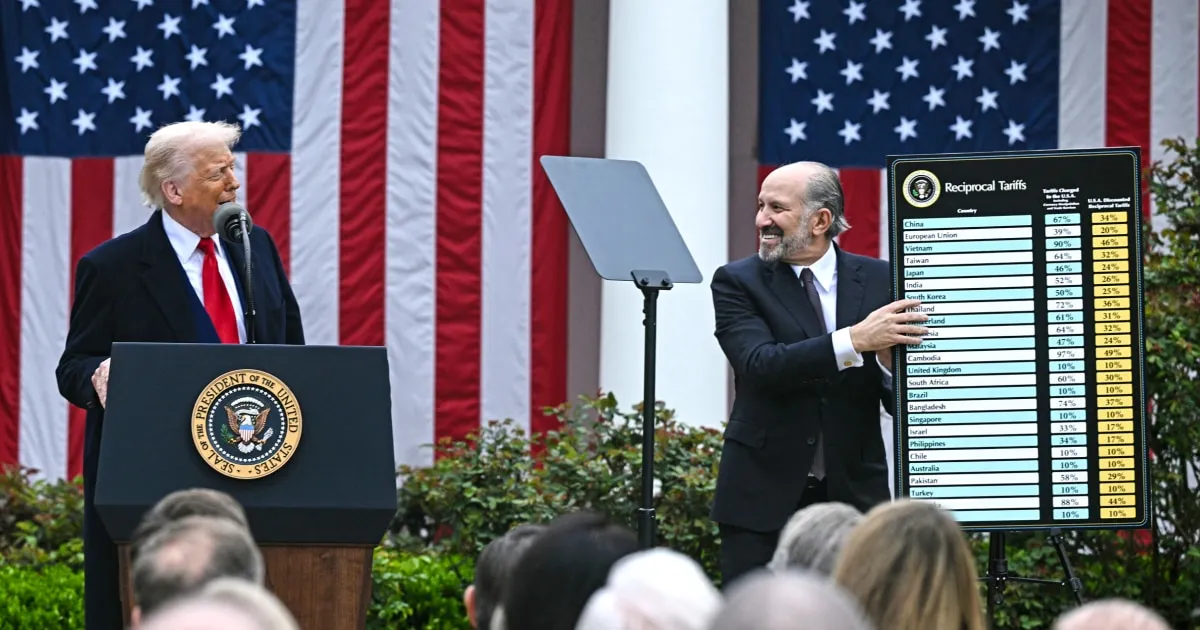
President Donald Trump has recently unveiled a series of sweeping tariffs aimed at U.S. trading partners, marking a significant shift in American trade policy. Among these measures is a new 10% across-the-board baseline tariff that took effect this past Saturday, raising concerns among investors and economists alike.
In reaction to these proposed tariffs, investors have initiated a massive stock sell-off. Market analysts are expressing fears that the extensive nature of Trump's tariff plans could drastically alter the global economic landscape. Such changes may not only impact international trade but also threaten to weaken overall global output and hinder economic growth in the United States.
Despite the potential backlash from investors and economists, President Trump and other White House officials have shown little inclination to retract their tariff proposals. The administration's plan includes imposing duties exceeding 40% on specific nations, with an alarming 104% tariff threatened against China. This aggressive stance raises questions about future trade relations and the long-term implications for the U.S. economy.
Recent comments from senior administration officials suggest a strong commitment to the proposed tariffs. They argue that these measures are necessary to protect American jobs and industries from unfair trade practices. The implications of these tariffs could reshape how the U.S. engages in international trade, potentially leading to a redefined global economic order.
As the situation unfolds, the impact of President Trump's proposed tariffs will be closely monitored by both investors and analysts. The administration's determination to implement these duties could lead to significant changes in the U.S. economy and its relationship with trading partners worldwide. Stakeholders are advised to stay informed about developments in this critical area of economic policy.